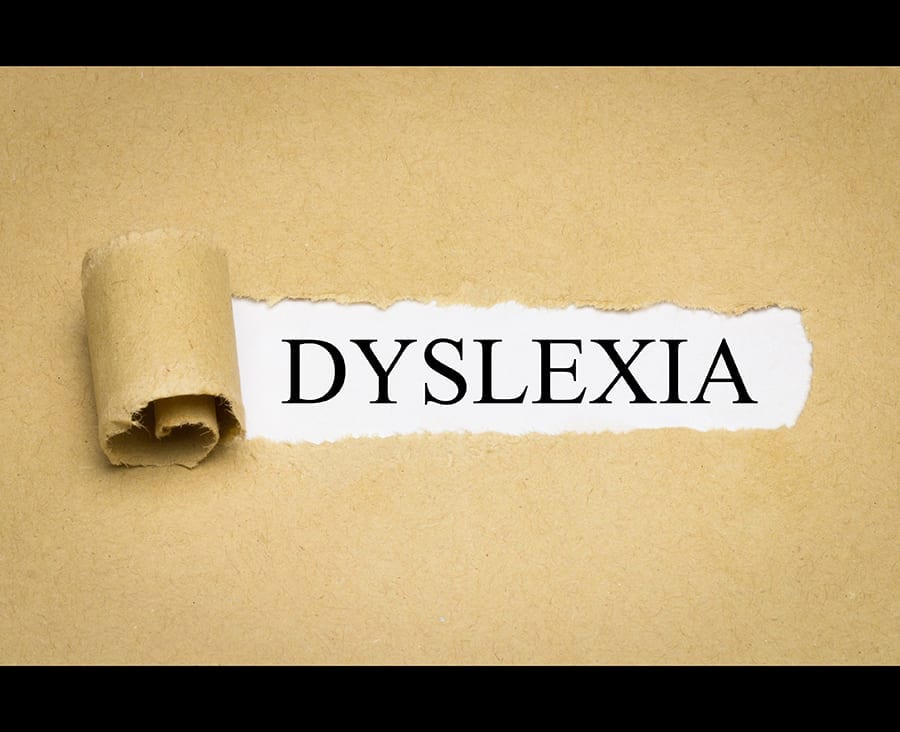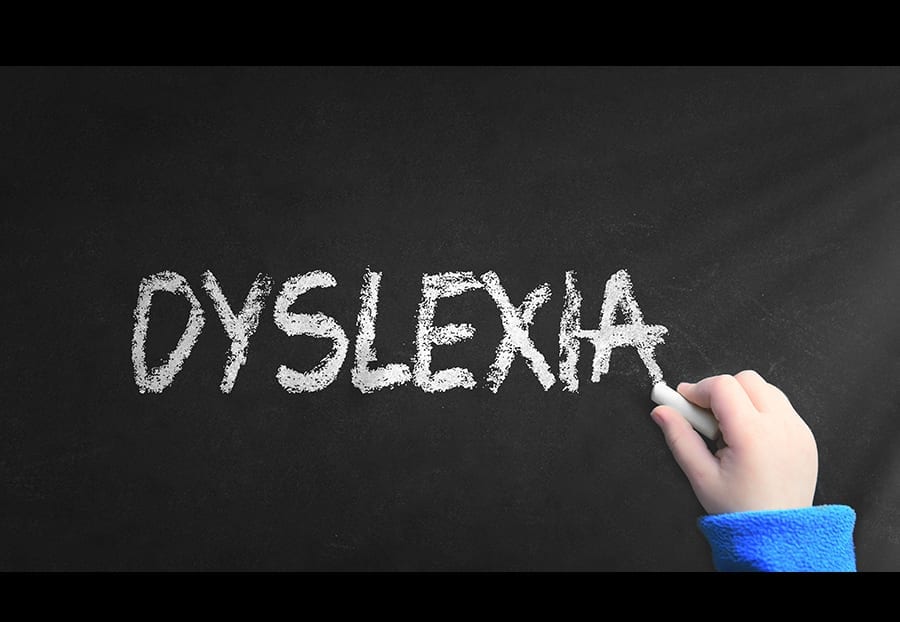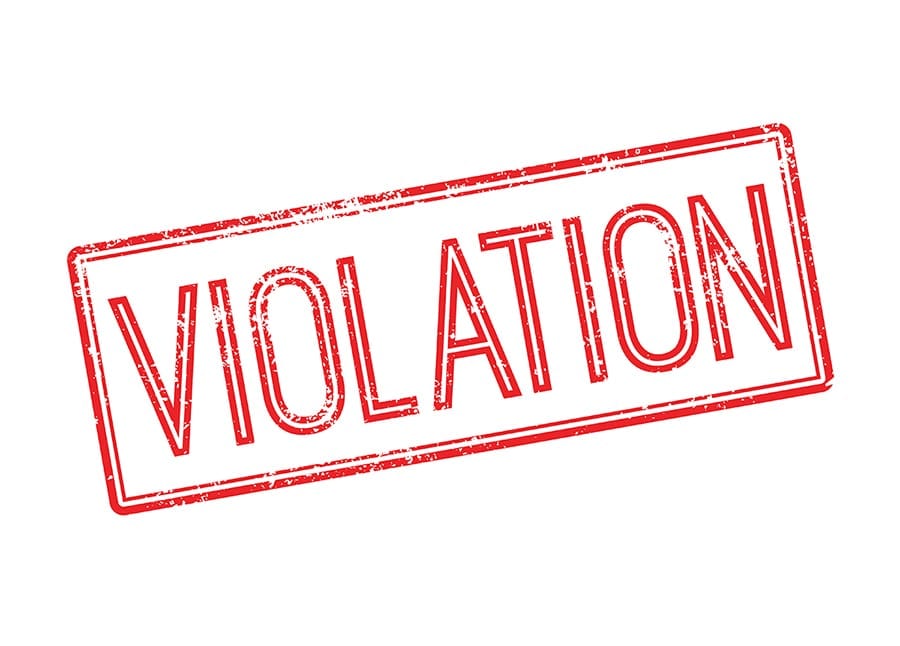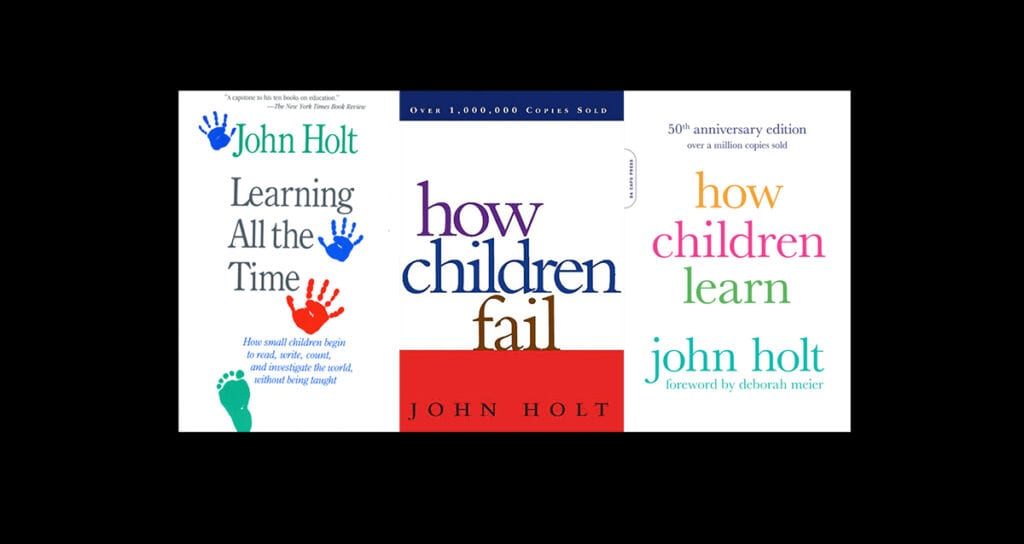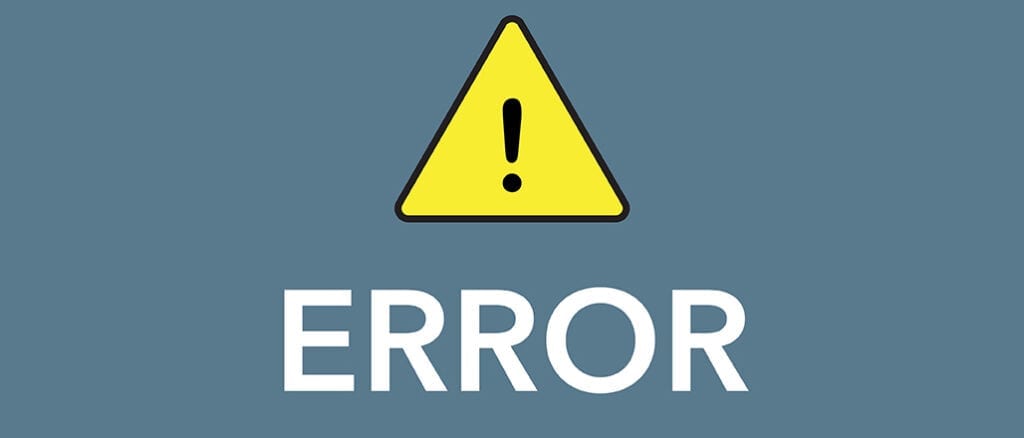Some educators and lawyers say there is no Dyslexia.
My research makes me say, ‘If you see it in your child it’s so.’
Please tell me the truth; is there Dyslexia?
~Virginia Parent
Virginia, the educators and lawyers are wrong. They have been affected by ignorance. They do not believe except they see. They think that nothing can be which is not comprehensible by their little minds.
They see a first grade boy who walks around when it is time to read and assume him to have attention struggles.
They see a ninth grade girl with good grades and assume her to be lazy.
They know not of what they speak, Virginia, for they only believe what they perceive, rather than what is real.
